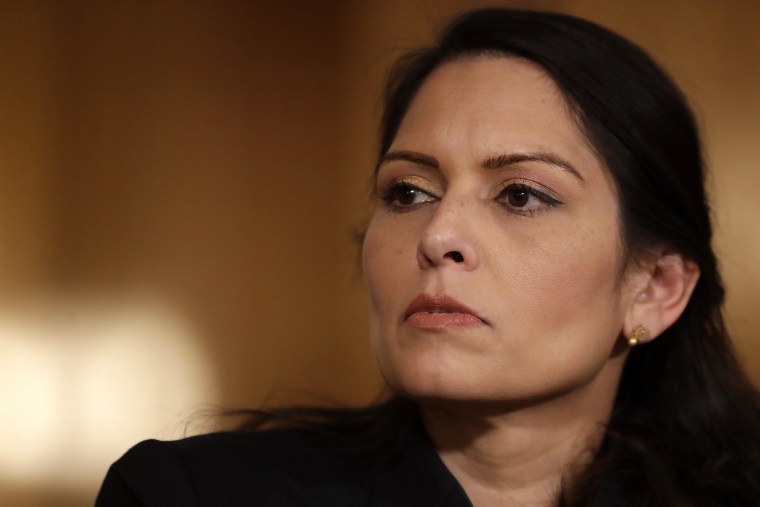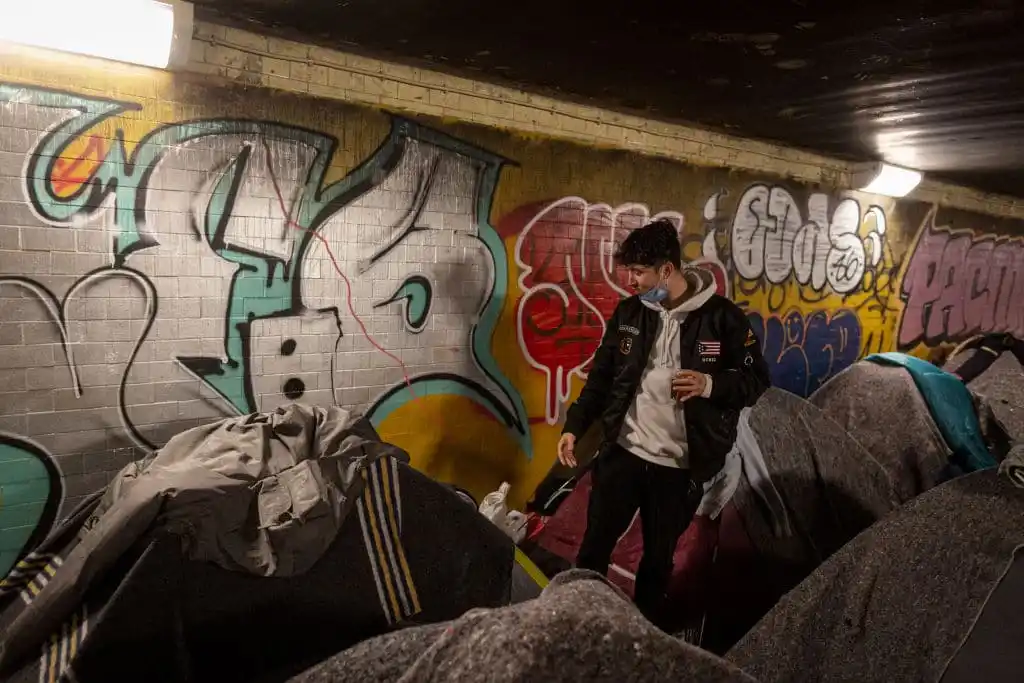A leading group of girls’ schools has updated its admissions policy to exclude trans girls from being admitted as students.
The almost-blanket ban on trans girls has been implemented because, the group says, to let trans girls become pupils would jeopardise the schools’ status as single-sex. However, the policy encourages schools to support, affirm and include trans boys and non-binary students.
This decision has been called “unwise at best” by legal experts, who say that case law and statutory guidance suggests that a case-by-case approach – which the policy advises schools to take in the case of trans boys and non-binary people applying to become pupils – is “most legally defensible” as well as “the fairest way to proceed”.
The policy comes from the Girls Day School Trust (GDST), a group of 25 independent schools in England and Wales that charge fees and are subject to fewer regulations than state-funded schools in the UK.
In a December 2021 update to its “Gender Identity Policy”, the GDST says it aims to set a framework for “how the GDST will support students in relation to gender identity, while recognising the fundamental principle that support will always need to be individualised and based upon acting in a student’s best interests”.
While the policy is inclusive towards trans boys and non-binary people, saying that applications from these students should be “carefully considered on a case-by-case basis”, it also places a ban on trans girls from being admitted to a GDST school.
Girls Day School Trust will admit girls ‘based on legal sex’
“The GDST is committed to single-sex education for girls,” says the six-page GDST policy, seen by PinkNews. “Admissions to GDST schools are based on the prospective student’s legal sex as recorded on their birth certificate.”
Under the UK’s gender recognition laws, only trans men and women over the age of 18 are able to correct their legal sex on their birth certificate. In the UK, pupils typically turn 18 in their final year of school – meaning the policy bans all but a tiny, if not non-existent, group of trans girls who have legal gender recognition being GDST students.
This is confirmed by the policy, which continues: “GDST schools are able to operate a single-sex admissions policy, without breaching the Equality Act 2010 on the basis of an exemption relating to biological sex.
“The GDST believes that an admissions policy based on gender identity rather than the legal sex recorded on a student’s birth certificate would jeopardise the status of GDST schools as single-sex schools under the act.
“For this reason, GDST schools do not accept applications from students who are legally male. We will, however, continue to monitor the legal interpretation of this exemption.”
Legal experts warn school trans policy is ‘unwise at best’
The Trans Legal Project, which monitors developments in British law as they affect trans rights, told PinkNews that the new GDST policy is “unwise at best” and that there are two main legal concerns.
“Does admitting a trans girl remove the single-sex status of a girl’s school?” a spokesperson from the Trans Legal Project said. “Our strong view is that admitting a trans girl does not jeopardise the single-sex status of a girl’s school and the GDST is wrong about this.”
And secondly, the spokesperson said, “the law is not clear” on whether “a girls’ school [can] simply refuse to admit a trans girl” – which is why “the GDST policy is unwise at best”.
“Case law and statutory guidance covering gender reassignment in other areas suggest a case-by-case approach should always be taken,” the spokesperson added. “This would seem to be the most legally defensible and the fairest way to proceed.”
Making the law about single-sex exceptions clearer for service providers was one of the recommendations of a recent inquiry by a cross-party group of MP’s into gender recognition laws.
The Women and Equalities Committee, chaired by Tory MP Caroline Nokes, published the results of its year-long inquiry on 22 December.
As well as making various recommendations to improve and streamline the gender recognition process for trans adults, the committee said there needs to be “better guidance on the single-sex and separate-sex exceptions” and urged the government to produce it, including “worked examples and case studies” made “in collaboration with trans rights groups, on best practice to provide trans and non-binary inclusive and specific services”.
Cheryl Giovannoni, chief executive of GDST, said in a statement that “first and foremost” the principle of the policy is to “offer a supportive educational environment to those students who are exploring their gender identity or in the process of transitioning”.
“Our trans students are welcome in our schools and our policy primarily sets out ways in which schools can support them,” she said. “A trans student already at our school can remain at the school for as long as they wish to do so. Young people exploring their gender identity need space and time to make decisions, free of pressure.”
Giovannoni added that GDST schools “are able to operate a single-sex admissions policy, without breaching the Equality Act 2010 on the basis of an exemption relating to biological sex”.
“Under current laws and guidance, the GDST believes that an admissions policy based on gender identity rather than the legal sex recorded on a student’s birth certificate could jeopardise the status of GDST schools as single-sex schools under the act. We will continue to monitor the legal interpretation of this exemption.”


